Blogs & News
We are focus on automotive wiring harness & connectors technology.
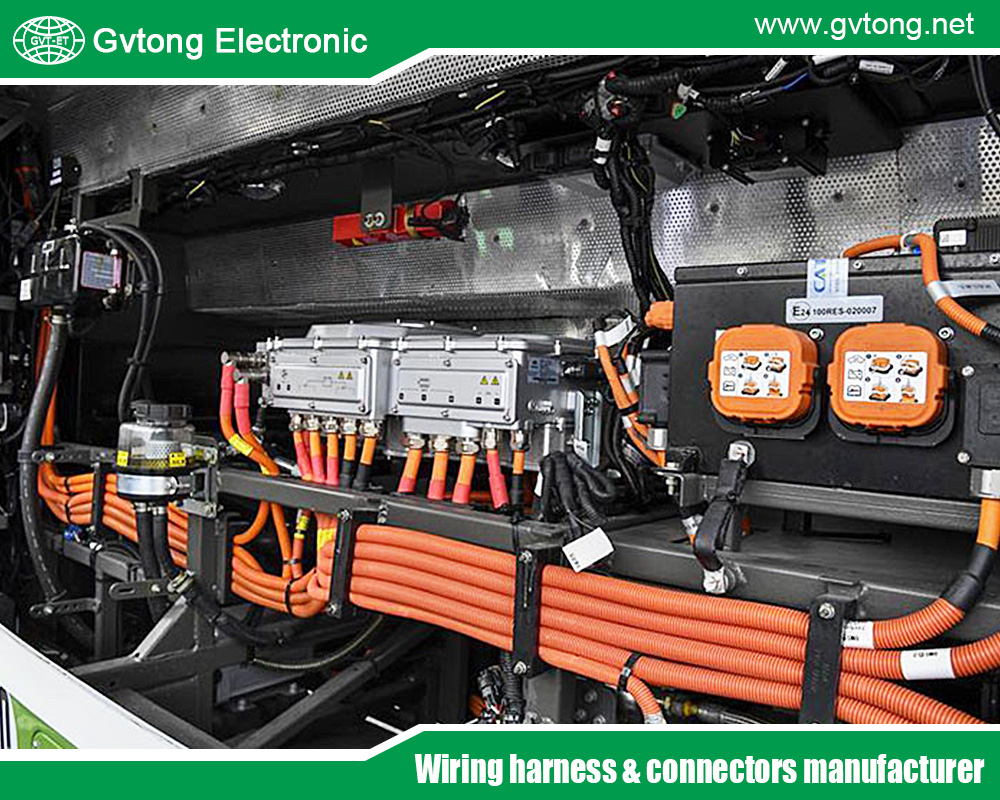
Oil-Resistant Automotive Connectors are Oil-Proof & Corrosion-Resistant Safety Guardians for Car Circuits
- Gvtong Electronic
- 2p 32p Automotive Connector Terminal Crimping, 316 ss ball valves manufacturer, adas automotive connector, ADAS automotive connectors, ADAS automotive connectors manufacturer, ADAS automotive connectors supplier, Anti-vibration automotive connectors, Automated assembly connectors Cost-effective automotive connectors, automotive connector, Automotive Connector and Cable Products, automotive connector companies, Automotive Connector Factory, automotive connector manufacturer, automotive connector market, Automotive Connector Supplier, automotive connectors manufacturer, back pressure regulator manufacturers, china high pressure air regulator valve manufacturer, diaphragm valve manufacturers, gas regulator valve manufacturers, high pressure ball valve manufacturer, high purity valves manufacturers, low pressure valve manufacturer, medical oxygen pressure gauge manufacturer, modular automotive connectors manufacturer, Oil-resistant automotive connectors, oil-resistant automotive connectors manufacturer, oil-resistant automotive connectors supplier, pressure gauge manufacturers, pressure reducing valve manufacturers, pressure relief valve manufacturers, stainless steel diaphragm valve manufacturer
- No Comments
Oil-Resistant Automotive Connectors are Oil-Proof & Corrosion-Resistant Safety Guardians for Car Circuits
In the heart of every modern vehicle lies the engine bay, a bustling hub of mechanical and electrical activity where power is generated, controlled, and distributed. Amidst the roar of engines, the heat of combustion, and the constant exposure to fluids like oil and coolant, automotive connectors play a pivotal yet often overlooked role. These small but mighty components serve as the bridges that link sensors, wiring harnesses, actuators, and control modules, ensuring seamless communication within the car’s electrical system. Without reliable connectors, even the most advanced vehicles could grind to a halt due to faulty signals or short circuits.
But why focus on oil-resistant automotive connectors specifically? The engine bay is a harsh environment, fraught with oil leaks, splashes, and vapors that can infiltrate standard connectors, leading to corrosion, electrical failures, and safety hazards. Oil-resistant connectors are engineered to withstand these assaults, providing oil-proof seals and corrosion-resistant materials that act as guardians for the car’s circuits. They prevent breakdowns, enhance vehicle longevity, and ensure safety for drivers and passengers alike. As vehicles become more electrified and complex—with hybrid and electric models introducing even more sensitive electronics—the need for such robust connectors has never been greater.
This article delves into the world of oil-resistant automotive connectors, exploring their necessity in engine bays, the technologies behind them, their benefits, types, and future trends. By understanding these components, automotive enthusiasts, mechanics, and engineers can appreciate why they are not just an option but a must-have for maintaining reliable car performance.
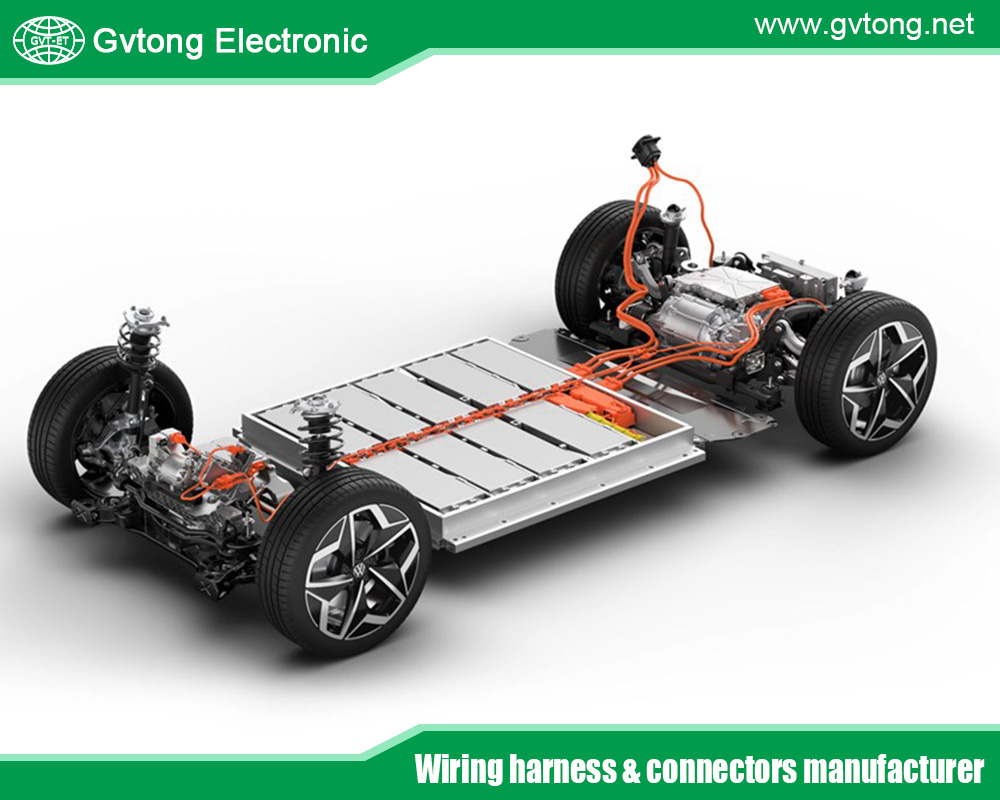
Understanding Oil-Resistant Automotive Connectors
Automotive connectors are specialized electrical interfaces designed to join wires, cables, and components in vehicles. They come in various shapes and sizes, from simple two-pin plugs to complex multi-pin harnesses that handle data transmission for engine management systems, fuel injection, and emissions control. In essence, they facilitate the flow of power and signals, ensuring that everything from ignition coils to oxygen sensors operates in harmony.
Traditional connectors, often made from basic plastics and metals, suffice in milder environments like the dashboard or interior lighting. However, in the engine bay, they face unique challenges. Oil, a ubiquitous lubricant in engines, can degrade non-resistant materials, causing seals to fail and contacts to corrode. This is where oil-resistant variants shine. These connectors incorporate advanced seals, such as silicone O-rings or rubber gaskets, to block oil ingress while maintaining electrical integrity.
Historically, automotive connectors evolved from rudimentary solder joints in early cars to sealed, modular systems in the 1980s, driven by the rise of electronic fuel injection and onboard diagnostics. Today, standards like IP67 or IP6K9K ratings—indicating protection against dust, water, and high-pressure jets—are common for oil-resistant models. These ratings ensure that connectors can endure the rigors of engine bays without compromising performance.
Moreover, corrosion resistance is intertwined with oil-proofing. Corrosion occurs when moisture, salts, or contaminants react with metal contacts, forming resistive oxides that disrupt current flow. Oil-resistant connectors often feature gold-plated or tin-plated terminals to minimize this, combined with dielectric greases that provide an additional barrier against oxidation. This dual protection makes them indispensable for safety-critical systems, where a failed connection could lead to engine stalls or malfunctioning brakes.
The Harsh Environment of Engine Bays
Imagine the engine bay as a battlefield: extreme temperatures swinging from -40°C in winter starts to over 150°C near exhaust manifolds, constant vibrations from road bumps and engine revs, and exposure to aggressive fluids like motor oil, brake fluid, and coolant. Oil, in particular, poses a stealthy threat. It can leak from gaskets, seals, or during maintenance, coating connectors and seeping into crevices.
Once inside, oil breaks down insulation, softens plastics, and promotes galvanic corrosion—especially in mixed-metal contacts. This leads to increased electrical resistance, intermittent signals, and potential fires if arcing occurs. In diesel engines, biodiesel blends exacerbate the issue with higher acidity, accelerating degradation. Add road salt in winter or dust in off-road scenarios, and the risk multiplies.
Statistics highlight the severity: according to automotive reliability reports, electrical failures account for up to 20% of vehicle breakdowns, many traceable to corroded connectors in engine compartments. For fleet operators, this translates to costly downtime; for everyday drivers, it means safety risks like sudden loss of power steering or ABS functionality.
Oil-resistant connectors counter these threats by using materials that repel hydrocarbons and maintain seals under pressure. For instance, heavy-duty sealed connectors with slide locks and secondary locks allow quick servicing while resisting debris and sprays. In electric vehicles (EVs), where battery management systems reside near oily components, these connectors prevent short circuits that could ignite lithium-ion cells.
Importance of Oil Resistance
Oil resistance isn’t just a feature—it’s a lifeline for vehicle reliability. Standard connectors exposed to oil can fail within months, leading to diagnostic trouble codes (DTCs) that confuse mechanics and inflate repair bills. Oil-proof designs, however, extend service life by years, reducing maintenance frequency.
Key benefits include enhanced safety: by preventing short circuits, they safeguard against electrical fires, a rare but devastating occurrence in engine bays. They also boost performance; clean, low-resistance connections ensure accurate sensor readings for optimal fuel efficiency and emissions control. In a world pushing for greener vehicles, this aligns with regulations like Euro 7 standards.
Corrosion resistance complements oil-proofing. Using lubricants like dielectric greases reduces wear during mating cycles, increasing connector longevity and reducing insertion forces for easier assembly. This is crucial in high-vibration areas, where fretting corrosion—micro-movements wearing away plating—can cause intermittencies.
Economically, investing in these connectors pays off. A study on heavy-duty vehicles showed that sealed, oil-resistant systems cut electrical repair costs by 30-50% over five years. For consumers, it means fewer trips to the shop; for manufacturers, fewer warranty claims.
Features of Oil-Resistant Connectors
What makes a connector oil-resistant? It starts with the housing: thermoplastic materials like PA66 or PBT offer chemical resistance to oils and fuels. Seals, often silicone-based, provide a triple-lock mechanism to block ingress, as seen in DT Series connectors that handle 14-20AWG wires in wet environments. Contacts are plated with corrosion-resistant alloys—gold for low-current signals, tin for power applications. Some incorporate vibration-dampening features, like Molex’s Mizu series, designed for automotive harshness. IP ratings are key: IP67 ensures dust-tight and immersion-resistant up to 1m, while IP6K9K withstands high-pressure cleaning, ideal for engine bays post-maintenance. Temperature tolerance spans -55°C to 125°C, accommodating global climates.
Advanced features include pass-through designs for oil-cooled motors, like Molex MX150, which seal against oil while allowing coolant flow.
Types of Oil-Resistant Automotive Connectors
Diversity in types caters to specific needs:
- Sealed Wire-to-Wire Connectors: Like Weather Pack, these are modular, moisture-resistant systems for harnesses. Ideal for sensor connections.
- Heavy-Duty Sealed Connectors: TE’s series for braking systems, with IP67 ratings.
- PCB/Wire Connectors: Molex’s range, including CLIK-Mate and DuraClik, for board-mounted applications in ECUs.
- Waterproof Multipin Circular Connectors: M-series for harsh environments, oil-resistant.
- Marine-Grade Terminals: Nylon-insulated, resistant to oil and chemicals, adaptable for autos.
Each type balances size, current capacity, and environmental protection.
Materials and Technologies for Corrosion Resistance
Materials define durability: Insulators use PBT for hydrolysis resistance, contacts employ phosphor bronze for strength. Technologies like anti-corrosion gels form barriers, lubricating while preventing oxidation. Greases reduce fretting, extending life in ADAS connectors. Stainless steel housings excel in salty conditions. Innovations include self-healing seals and nano-coatings that repel oil at the molecular level.
Applications and Case Studies
In practice, these connectors shine in engine management: connecting fuel injectors, where oil exposure is high. In EVs, they protect high-voltage circuits near lubricants.
A case study from heavy-duty trucks: Switching to IP-rated connectors reduced failures by 40% in fleets operating in oily, dusty mines. Another: Automotive OEMs using greased connectors saw fewer intermittencies in FAKRA systems for infotainment tied to engine electronics.
Installation and Maintenance Tips
Proper installation: Clean contacts, apply dielectric grease, ensure locks engage. Avoid over-tightening to prevent seal damage.
Maintenance: Inspect for oil residue, reapply grease during services. Use tools like crimp pliers for secure fits.
For DIYers, choose compatible types to avoid mismatches.
Future Trends
Looking ahead, smart connectors with embedded sensors for real-time monitoring will emerge. Biodegradable materials for sustainability, and higher ratings for autonomous vehicles.
Integration with 5G and AI will demand even more robust oil-proofing as electronics proliferate.
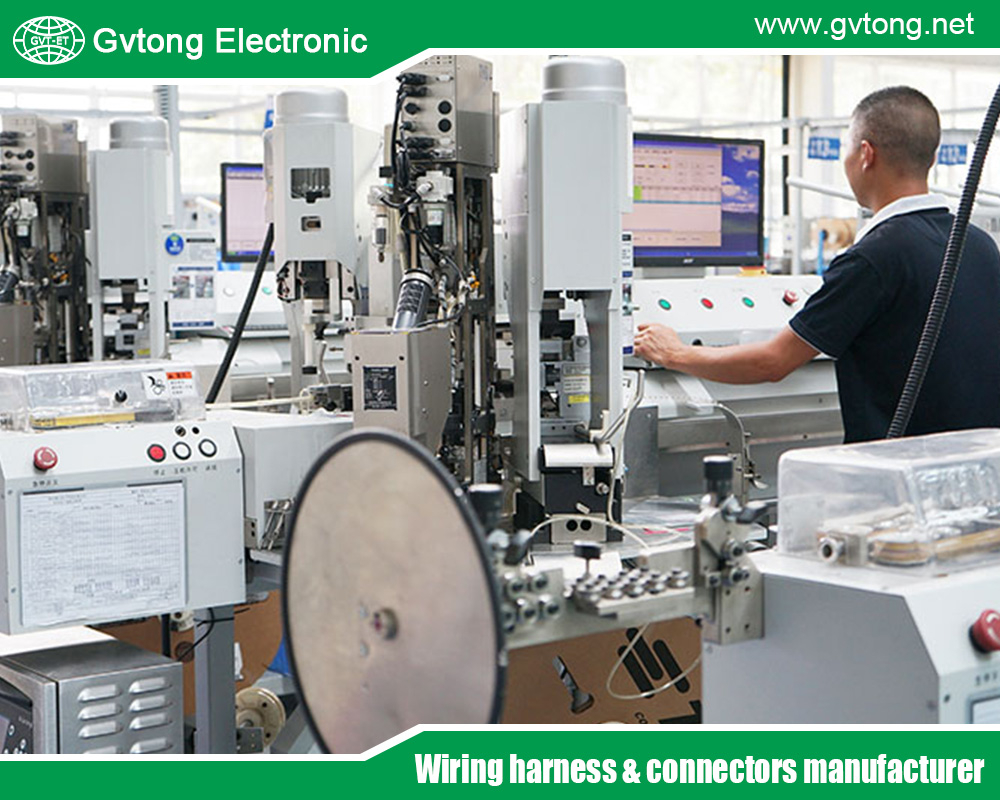
Conclusion
Oil-resistant automotive connectors are the unsung heroes of engine bays, providing essential protection against oil and corrosion to safeguard car circuits. By investing in these guardians, we ensure safer, more reliable vehicles for the road ahead. As technology advances, their role will only grow, making them a true must-have.
For more about the oil-resistant automotive connectors are oil-proof & corrosion-resistant safety guardians for car circuits, you can pay a visit to Gvtong at https://www.gvtong.net/ for more info.
Recent Posts
How to Diagnose and Repair Automotive Signal Connector Failures
How to Install and Maintain Low Pressure Automotive Connectors
Heat Shrink vs. Crimp: Choosing the Right 12V Car Wire Connector
Best 12V Automotive Wire Connectors for Reliable Electrical Connections
Tags
Recommended Products
-
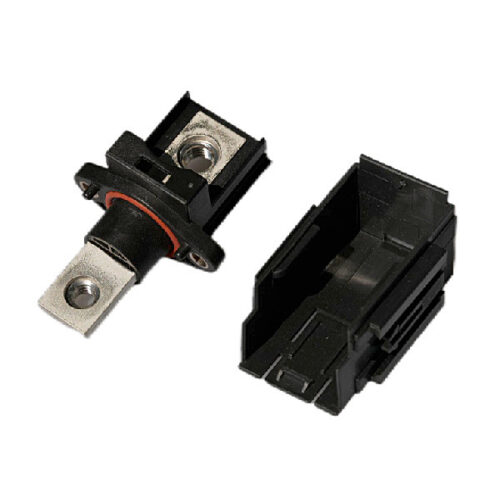
GH Series – DCDC Through-Wall Terminal Block – With Protective Cover
-
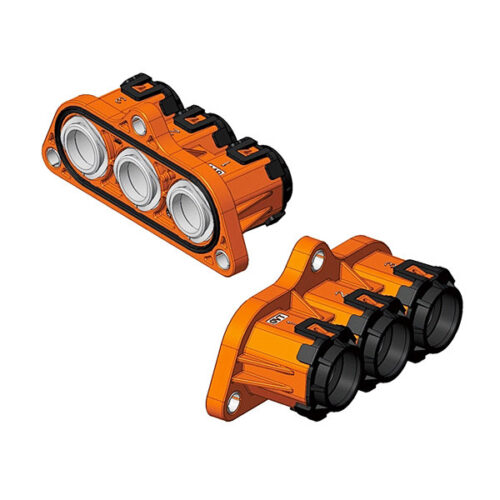
GVPT three-core wiring connector
-
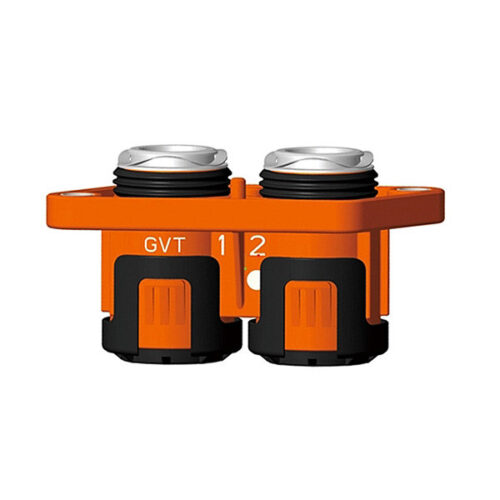
GIPT two-core wiring connector
-
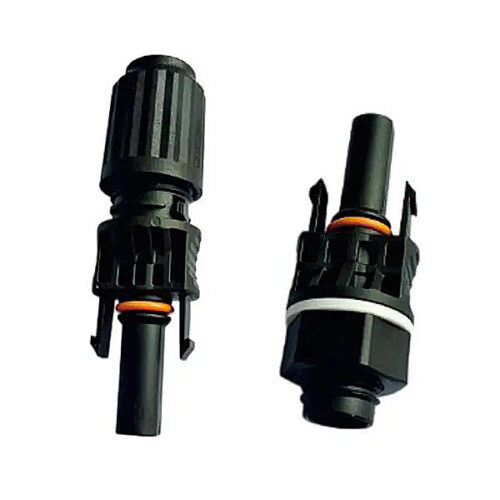
Photovoltaic connector plug
-
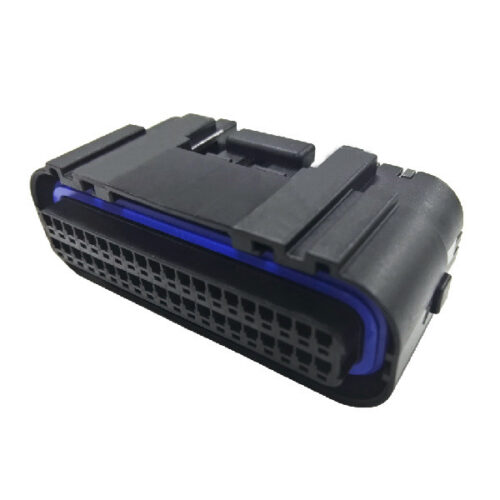
GE Series-34/40-core double-row signal connector
-
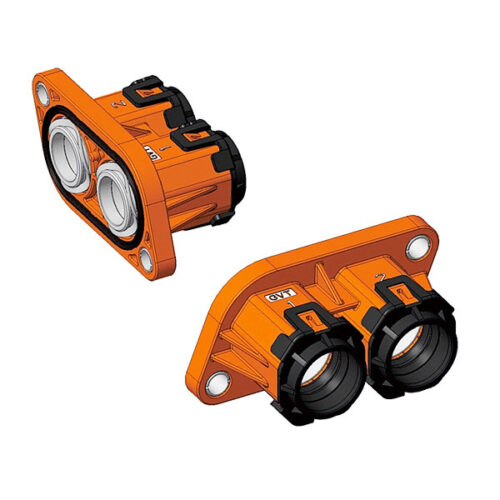
GVPT two-core wiring connector
-
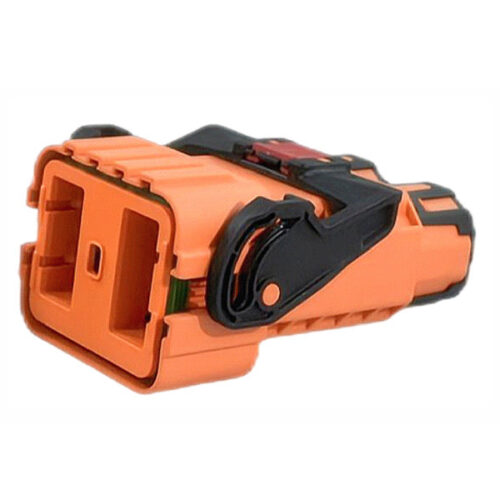
GH Series-HV6-2-core Plastic High Voltage Connector
-
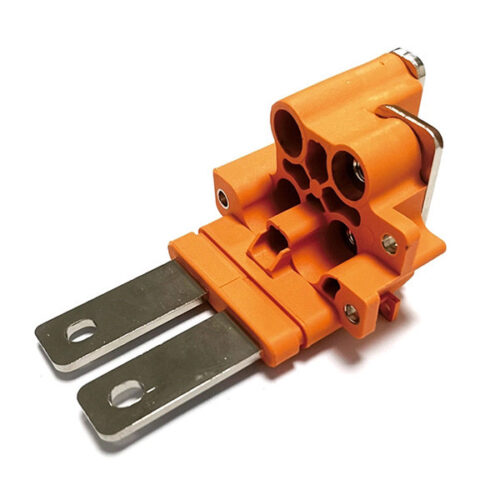
Copper bus fixing seat
